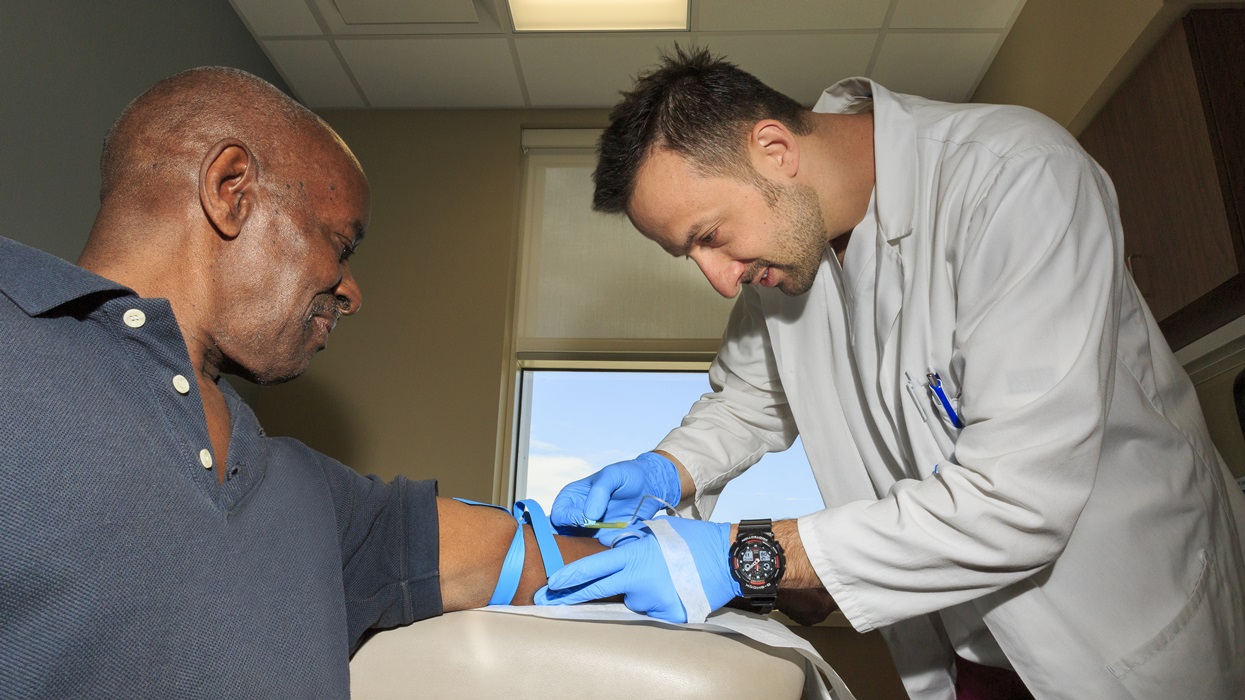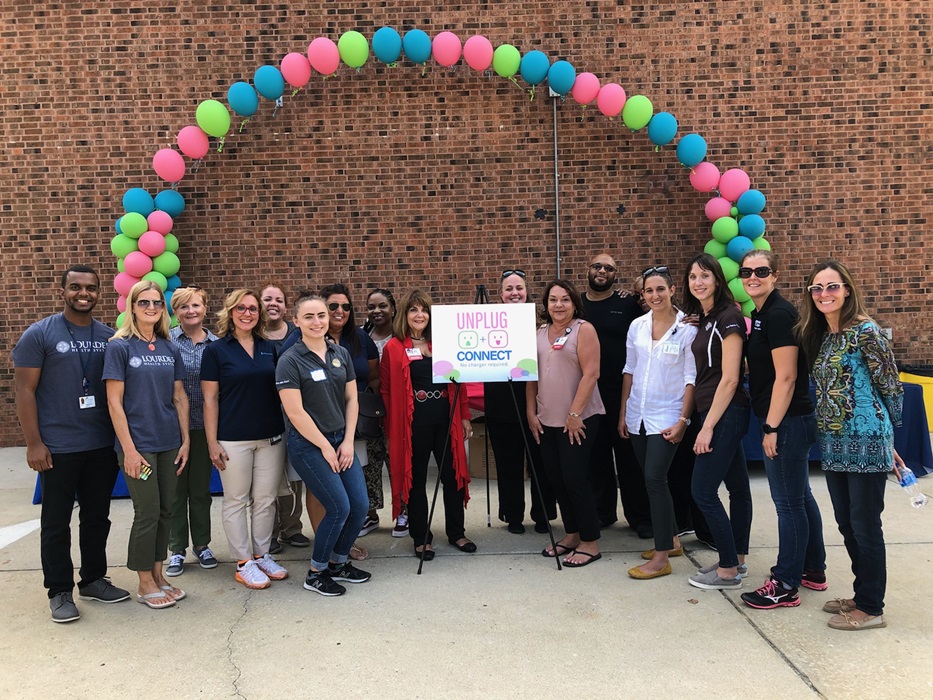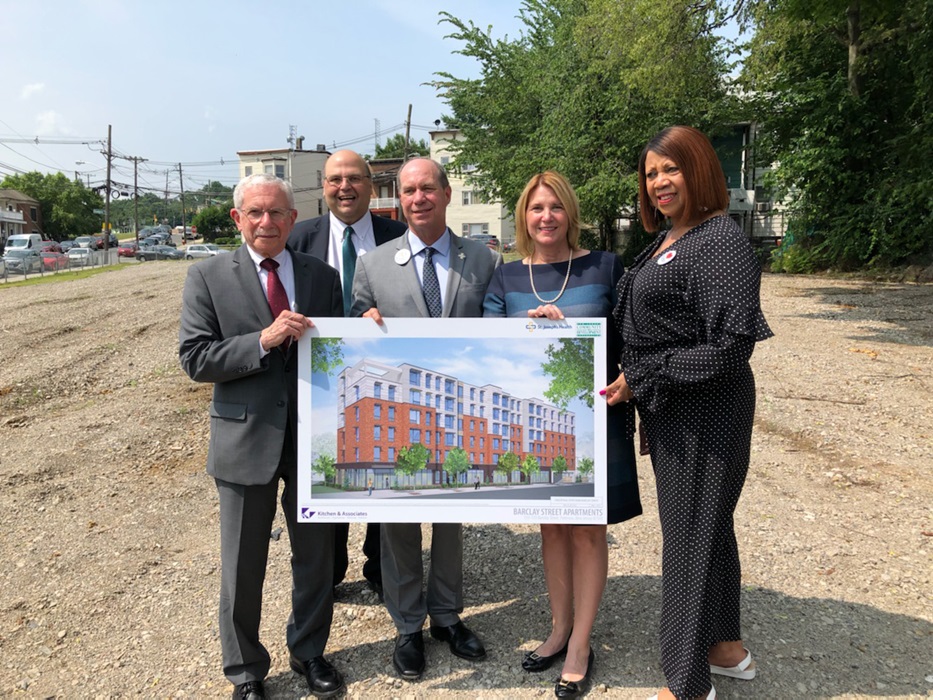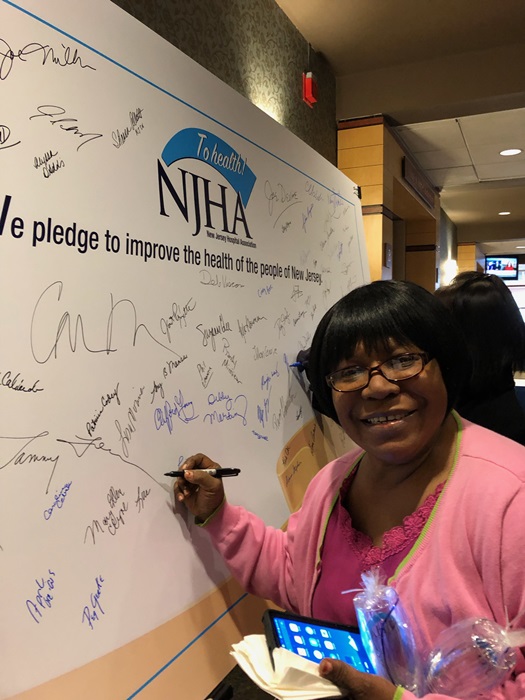The New Jersey Hospital Association, founded in 1918, has a long tradition of supporting the state’s hospitals, health systems and healthcare providers across the entire continuum of healthcare.
But as the organization enters its second century, its focus extends outside hospital walls and into the community.

Research from the National Institutes of Health finds that 84 percent of health outcomes are attributable to a combination of socioeconomic status, health behaviors and physical environment.
Clearly, good health is a social and community issue as much as a healthcare issue.
Just a Quick Note:
InnovationsOfTheWorld.com has partnered with Trade License Zone (TLZ) to support global innovators looking to expand internationally. Take advantage of the UAE’s Free Zones—enjoy streamlined setup, low corporate taxes, and a strategic gateway to the Middle East and beyond.
Get Your UAE Free Zone License Fast & Easy!The shift toward recognizing these social determinants of health is taking shape in New Jersey, with partners from the healthcare community, government, social services, community groups and faith-based organizations working to address these issues.
CHARTing Health Factors
At NJHA, a new data center called the Center for Health Analytics, Research and Transformation, or CHART (www.njha.com/CHART), is taking a deep dive into data to learn more about the health challenges facing New Jerseyans.
Recent reports have examined the impact of rising drug costs, the reach of vaping across New Jersey and management of chronic conditions.

CHART’s analysis found that the three poorest counties in New Jersey – Cumberland, Essex and Atlantic – had the highest rates of patients with chronic conditions presenting in hospital emergency departments.
The use of the ED shows that these individuals didn’t have sufficient access to the primary care services they needed to manage their illness.
Digging deeper, the zip code analysis showed a disproportional impact on African Americans, as well as correlations with unemployment rates and access to food and transportation services.
CHART also has created a vulnerable communities database, allowing users to explore a variety of health and socioeconomic indicators by zip code to help identify areas for targeted interventions to improve health.

Investing in Social Determinants
In another innovation in social determinants of health, NJHA has partnered with the New Jersey Housing and Mortgage Finance Agency to promote hospital investment in supportive housing in their communities.
HMFA in 2019 committed $12 million in equity, to be matched by participating hospitals, to develop housing opportunities for our most vulnerable community members.
That commitment of public dollars is an important first step in recognizing the need to support this growing role of healthcare providers in helping community members achieve maximum health.
Data shows that those experiencing housing instability are more limited in their access to preventive health services, more likely to delay filling prescriptions and more likely to be hospitalized with longer lengths of stay.
This initiative will provide sustainable housing along with wraparound support services to help them manage their health needs.

Envisioning the Future
The influence of social factors on healthy communities is well-documented. The next step is creating models of care to support this pivot to community-centric care.
NJHA is developing just such a model through its Partnerships Transforming Health, or PaTH. PaTH seeks to improve care and outcomes through integration and coordination of services for people in their homes and communities.
Consider, for example, a senior citizen recently discharged from the hospital who lives alone without any additional support like a visiting nurse.
Under PaTH, NJHA is creating a single point of contact for residents to connect with an array of healthcare and other support services.

Health navigators in the community will coordinate between those service providers and individuals to support their needs in ways that are both high-tech and high-touch.
The goal is simple: to improve health by addressing the underlying social needs of vulnerable populations and eliminating the frustration many people experience navigating our complex health system.
“Our vision is for a system that brings all partners together to create an environment for good health where our residents live, work and play,” said NJHA President and CEO Cathy Bennett.
“As I see these projects taking root at the community level, I truly believe New Jersey can be the innovator to make it happen.”













